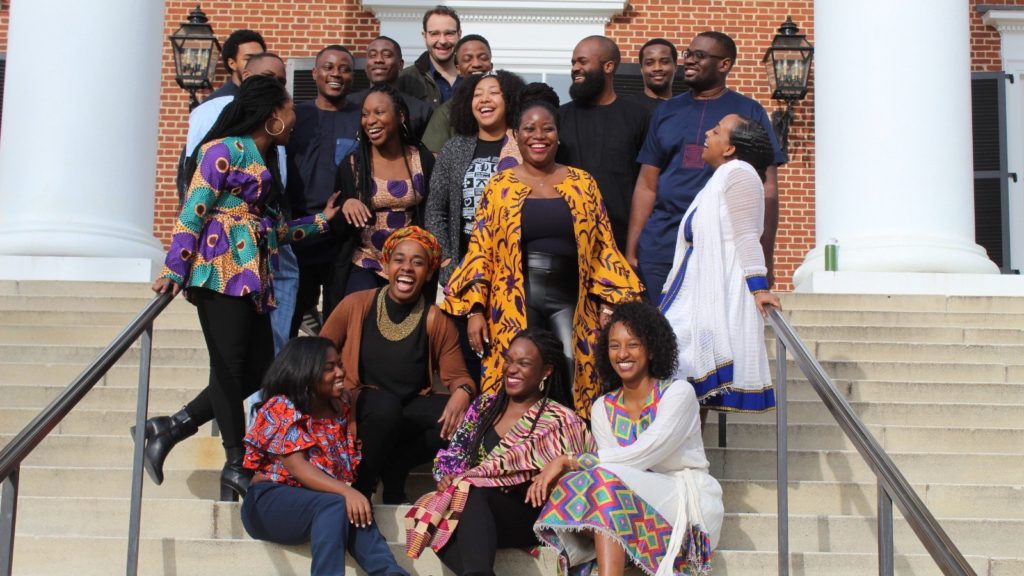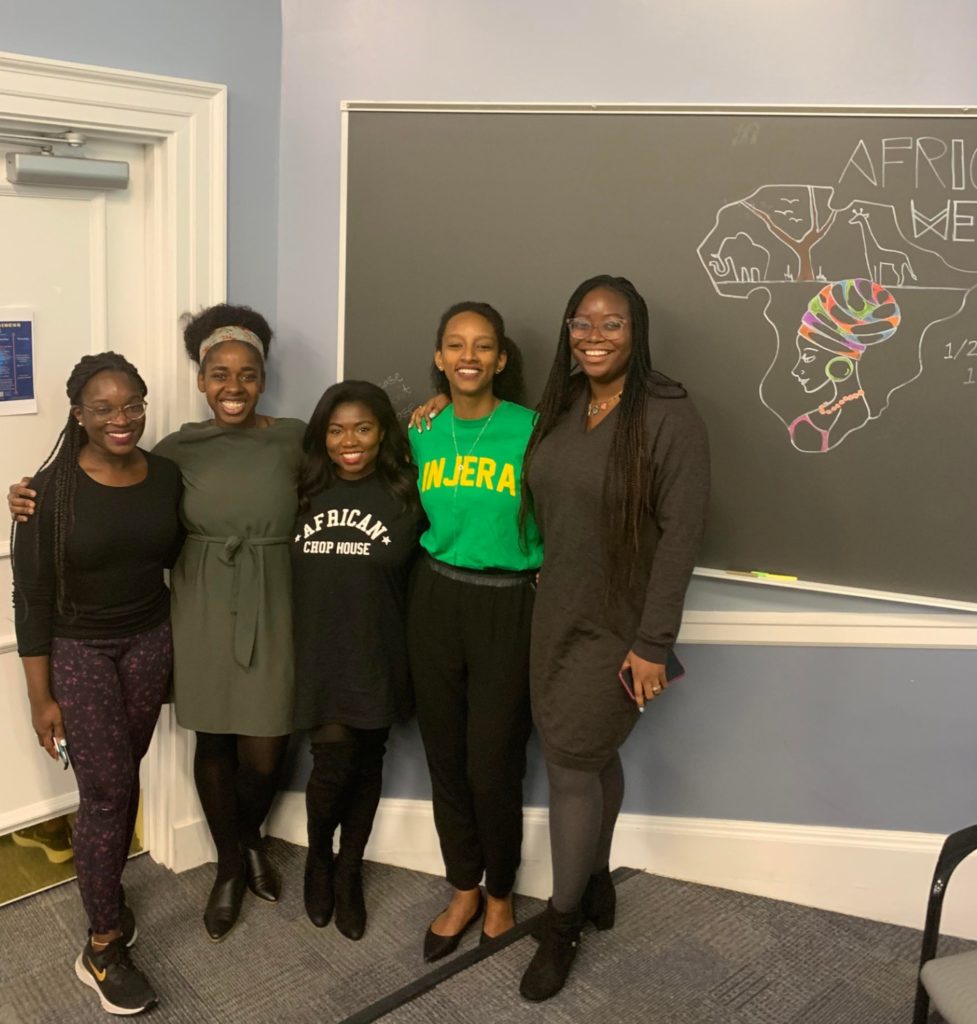The Darden African Business Organization (DABO) hosted a jam-packed schedule of events for the School’s Africa Business Week, highlighting the continent’s diverse regions, cultures and business climates. DABO President Meti Aberra (Class of 2020) is today’s guest contributor — sharing her own insights on the importance of Africa as an ever-growing place of opportunity, and how DABO celebrates and creates awareness of African business.
Tell us a bit about DABO and why you felt compelled to join the organization.

DABO’s formal mission is to promote African businesses, economies and cultures within Darden and expand Darden’s network within Africa. I took on a leadership role at Darden when I first stepped foot on Grounds. It is hard not to be a leader at Darden with classmates so passionate and fellow leaders of causes they value. I stepped in to become the president of Darden African Business Organization because I wanted to elevate the representation of Africa at Darden — not only as a source of rich culture and heritage, but also a place ripe for many business and investment opportunities. I wanted to bring forward the technological advancements taking place in the continent as various African nations are making strides to embrace economic development, a new wave of governance, and a fierce independence from the western forces that have shaped our politics and financial systems. Secondly, I wanted a place for African students, not just by blood but by cultural upbringing and mere exposure, to have a place at Darden where they naturally belong. Having spent close to nine years in the U.S, that calling and search for a place to belong is loud and clear wherever I go. DABO was that place for me at Darden, a place where I can fall into belonging without the need for explanation.
What role does Africa Business Week serve in the Darden community?

Africa Business Week plays a huge role as it brings forward business leaders and entrepreneurs who can give us a clearer understanding of some of the dynamics at play in various African nations. It dispels the notion that all the African nations are of a singular nature with respect to their business environments, governance, people and cultures. For example, Rwanda’s tech-focused environment is giving rise to the Rwandan Silicon Valley while Ethiopia’s industrial parks are drawing companies like LVMH and H&M for the next wave of manufacturing. Given that the continent has the fastest growing population and markets, it is very likely that many of our classmates will spend a portion of their careers there, and our mission as an organization is to ensure that our classmates are exposed to an accurate representation of these places and the opportunities and challenges they present.
What were a few of the highlights of the week?
The capstone event for Africa Business Week was the Boardroom Africa: Discussion with C-Suite Executives panel featuring Leadership Speaker Series keynote Mossadeck Bally, CEO of Azalai hotels; Bobby Pittman, managing director of Kupanda Capital; Shaun Rozyn, managing director of Darden Executive Education and James French, CEO of Anansy, discussing the business sectors on the continent that offer the biggest investment opportunities, the influence the African diaspora can have on the continent’s growth and Africa’s competitive advantage in the global market. “Africa can teach the world a few things about leveraging financial technology,” said Mr. French, who currently leads a data-driven fintech platform for African entrepreneurs.
Our opening talk of the week, named East Meets West in Africa, featured a conversation between W. Gyude Moore, the former minister of public works for Liberia, and Darden Professor Dennis Yang. This talk served to highlight the growing role that China is playing on the African continent. China is one of the leading investors in infrastructure projects across the continent, helping to change the typically extractive relationships Africa has had with foreign governments in the past. Gyude highlighted the fact that, although value is created through the relationships between China and African nations, governments need to create provisions in the agreements to ensure the delivery of high-quality infrastructure.

DABO also featured four entrepreneurs — Isaac Mbimi (Cameroon), CEO Seremo; Stanley Lumax (Ghana), founder of African Chophouse and Teranga Restaurant NYC; Tobi Smith (Nigeria), founder of All I Do Is Cook and Seble Alemayehu (Ethiopia), founder of Yenae Collection. The founders talked about why they embarked on their journeys with their ventures, their visions for their businesses and the challenges of doing business in Africa.
Check out faculty thought leadership published on Ideas to Action. And stay connected with us via social media: Facebook, Instagram, LinkedIn, Twitter, WeChat





